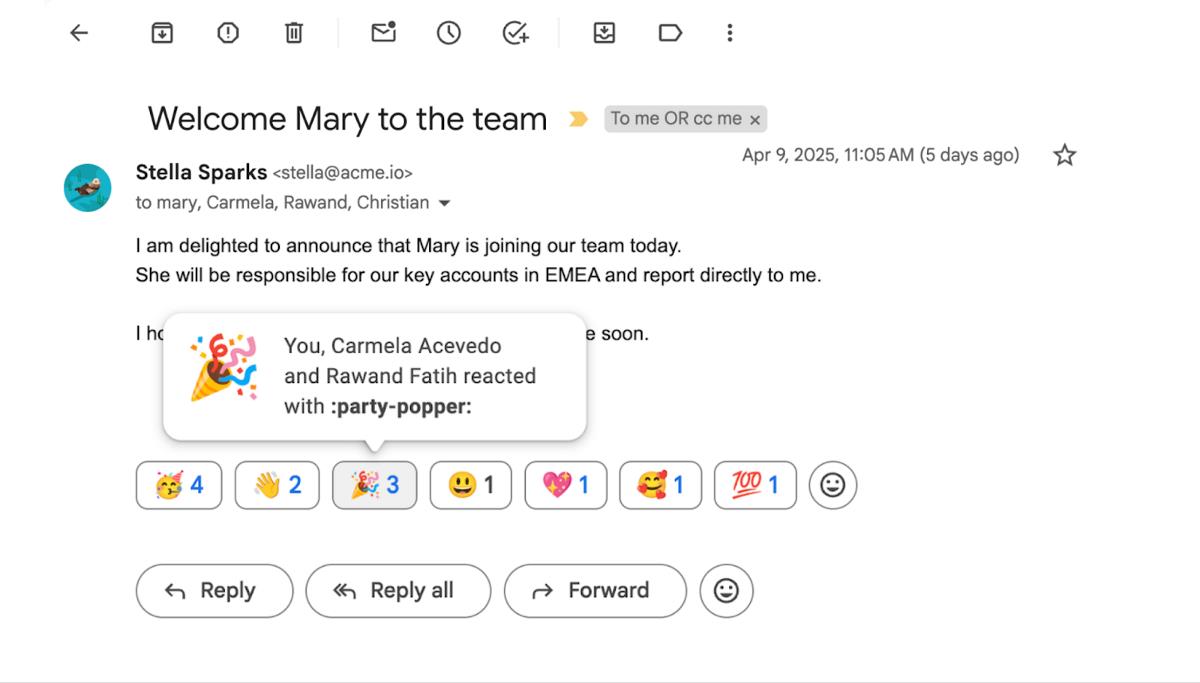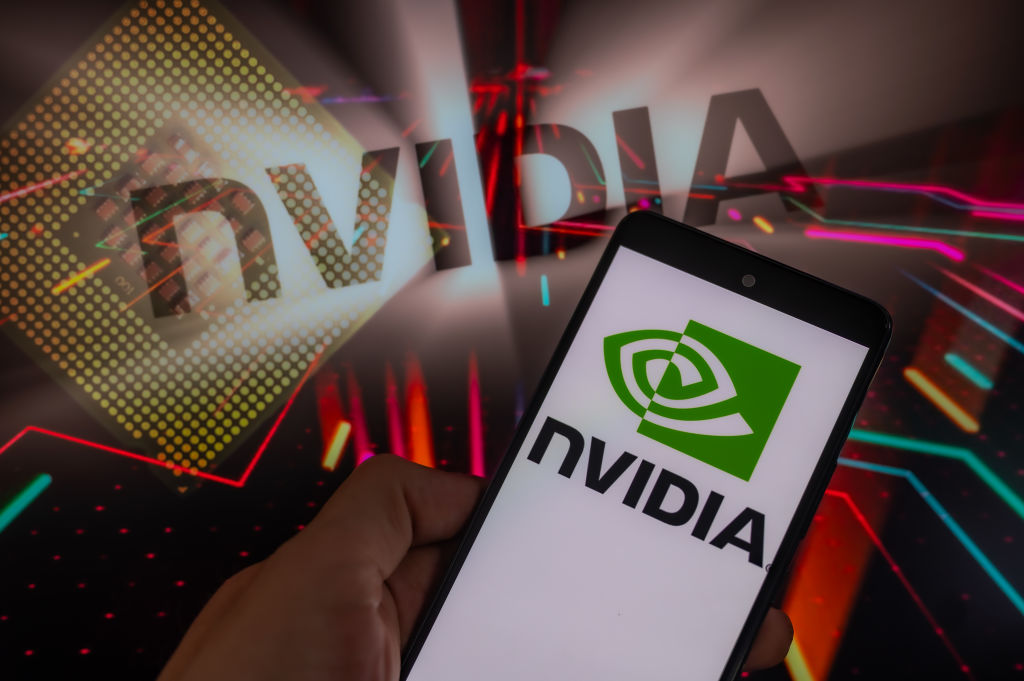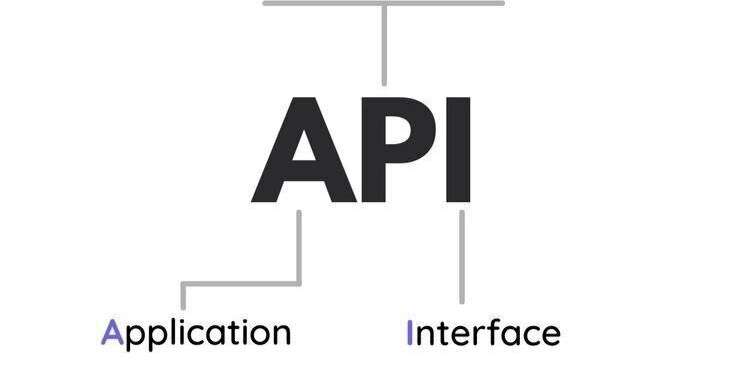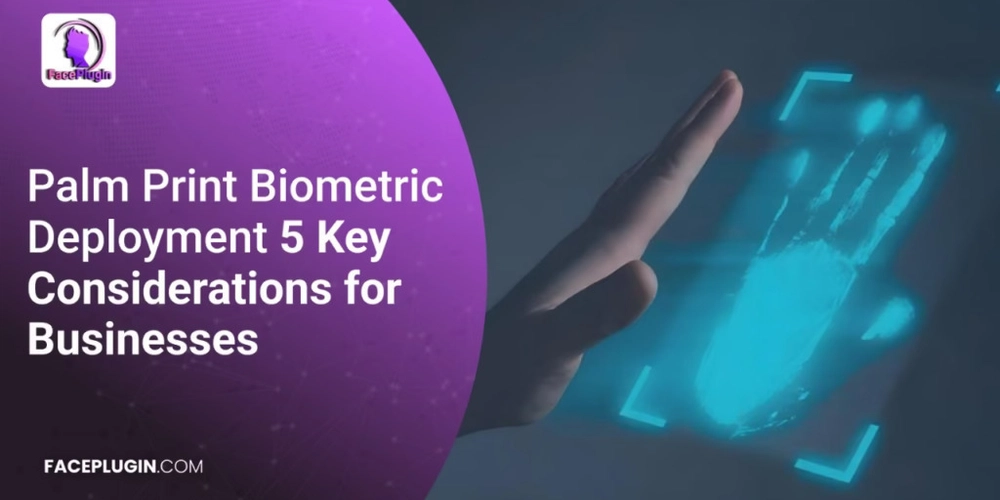Software vs. Service: Choosing Your Invalidation Search Solution
In the world of patent law, ensuring the validity of a patent can make or break a case. Whether you're defending against an infringement allegation or preparing for patent litigation, having access to the right invalidity search tools is crucial. But with the growing number of available solutions, how do you choose between patent invalidation search software and professional search services? Both options offer distinct advantages, and selecting the right one can depend on your case's complexity, urgency, and your firm's budget. In this article, we'll explore both solutions in depth, helping patent attorneys make an informed decision that aligns with their legal strategies and client needs. We will cover the differences between patent invalidation search software and professional services, examine the pros and cons of each, and offer a hybrid approach for more efficient results. What is Patent Invalidation Search Software? Patent invalidation search software uses advanced algorithms and AI to scan vast patent databases quickly. These tools help attorneys identify prior art that can invalidate a patent, which is essential in proving novelty and non-obviousness. They typically offer features such as automated search queries, prior art classification, and data visualization for easy analysis. Key Features of Patent Invalidation Search Software Speed and Scalability: Handles large datasets rapidly, ideal for extensive portfolios. AI-Powered Analysis: Uses machine learning to improve search results over time. Cost-Effective: Saves on labor costs by automating large-scale searches. Examples of Patent Invalidation Search Software Some popular examples of patent invalidation search software include: PatSnap LexisNexis PatentSight Patent Vector These tools streamline the process but still require human oversight for complex cases. Professional Search Services: Legal Expertise at Your Fingertips Professional search services, typically offered by patent search firms or specialized legal experts, bring a human touch to the patent invalidation process. These services are often necessary when legal nuance and in-depth analysis are needed, especially in high-stakes litigation. Key Benefits of Professional Search Services Expert Insight: Legal professionals know how to interpret results within the context of jurisdictional patent laws. Tailored Strategies: Customized searches based on specific case needs or litigation strategies. Thorough Analysis: Provides expert evaluation of complex prior art, often including hard-to-find non-patent literature (NPL). When to Use Professional Search Services Professional search services are particularly valuable in situations where: Complex litigation is involved. Patent portfolio analysis is required for due diligence. Non-patent literature needs to be extensively examined. Hybrid Approach: Combining Software and Services While patent invalidation search software is highly effective, sometimes a hybrid approach is the best solution. This approach combines the speed and scalability of software with the expertise and deep legal analysis provided by professional services. The software can filter through large datasets quickly, while professionals review the most promising results. Benefits of a Hybrid Approach Efficiency and Accuracy: Leverages the strengths of both tools for a comprehensive solution. Cost-Effective: Reduces the need for exhaustive manual searches while ensuring legal accuracy. Time-Saving: Software handles routine tasks, allowing legal experts to focus on higher-priority, complex issues. For example, a software solution can provide an initial list of prior art, which is then examined and refined by a patent search professional who can ensure the results are applicable and comprehensive. Non-Traditional Sources of Prior Art When conducting a patent invalidation search, non-patent literature (NPL) should not be overlooked. Many valuable sources of prior art are not indexed in traditional patent databases but can be found in places such as: Product manuals Marketing materials Academic journals Software tools can help expand search horizons to cover these NPL sources, but they must be customized to scan non-patent repositories effectively. Importance of NPL in Patent Invalidation NPL plays a critical role in invalidating patents by uncovering prior disclosures that might not be captured by traditional patent databases. Patent invalidation search software is increasingly able to search these sources, but it still requires a customized approach to uncover hidden gems. Legal Considerations in Patent Invalidation Searches The legal requirements for patent invalidation vary from jurisdiction to jurisdiction. In the United States, for example, the 35 U.S.C. §§ 102 and 103 establish the legal standards for determining novelt
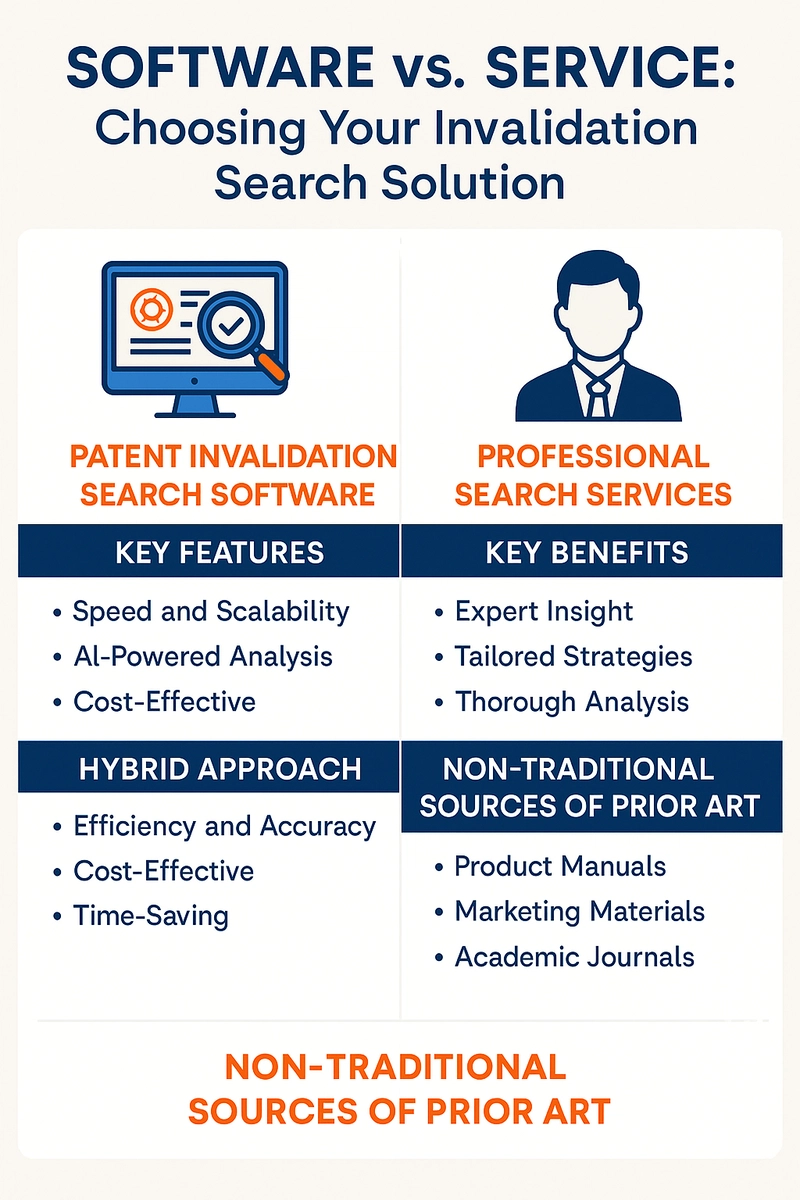
In the world of patent law, ensuring the validity of a patent can make or break a case. Whether you're defending against an infringement allegation or preparing for patent litigation, having access to the right invalidity search tools is crucial. But with the growing number of available solutions, how do you choose between patent invalidation search software and professional search services? Both options offer distinct advantages, and selecting the right one can depend on your case's complexity, urgency, and your firm's budget.
In this article, we'll explore both solutions in depth, helping patent attorneys make an informed decision that aligns with their legal strategies and client needs. We will cover the differences between patent invalidation search software and professional services, examine the pros and cons of each, and offer a hybrid approach for more efficient results.
What is Patent Invalidation Search Software?
Patent invalidation search software uses advanced algorithms and AI to scan vast patent databases quickly. These tools help attorneys identify prior art that can invalidate a patent, which is essential in proving novelty and non-obviousness. They typically offer features such as automated search queries, prior art classification, and data visualization for easy analysis.
Key Features of Patent Invalidation Search Software
- Speed and Scalability: Handles large datasets rapidly, ideal for extensive portfolios.
- AI-Powered Analysis: Uses machine learning to improve search results over time.
- Cost-Effective: Saves on labor costs by automating large-scale searches.
Examples of Patent Invalidation Search Software
Some popular examples of patent invalidation search software include:
- PatSnap
- LexisNexis PatentSight
- Patent Vector
These tools streamline the process but still require human oversight for complex cases.
Professional Search Services: Legal Expertise at Your Fingertips
Professional search services, typically offered by patent search firms or specialized legal experts, bring a human touch to the patent invalidation process. These services are often necessary when legal nuance and in-depth analysis are needed, especially in high-stakes litigation.
Key Benefits of Professional Search Services
- Expert Insight: Legal professionals know how to interpret results within the context of jurisdictional patent laws.
- Tailored Strategies: Customized searches based on specific case needs or litigation strategies.
- Thorough Analysis: Provides expert evaluation of complex prior art, often including hard-to-find non-patent literature (NPL).
When to Use Professional Search Services
Professional search services are particularly valuable in situations where:
- Complex litigation is involved.
- Patent portfolio analysis is required for due diligence.
- Non-patent literature needs to be extensively examined.
Hybrid Approach: Combining Software and Services
While patent invalidation search software is highly effective, sometimes a hybrid approach is the best solution. This approach combines the speed and scalability of software with the expertise and deep legal analysis provided by professional services. The software can filter through large datasets quickly, while professionals review the most promising results.
Benefits of a Hybrid Approach
- Efficiency and Accuracy: Leverages the strengths of both tools for a comprehensive solution.
- Cost-Effective: Reduces the need for exhaustive manual searches while ensuring legal accuracy.
- Time-Saving: Software handles routine tasks, allowing legal experts to focus on higher-priority, complex issues.
For example, a software solution can provide an initial list of prior art, which is then examined and refined by a patent search professional who can ensure the results are applicable and comprehensive.
Non-Traditional Sources of Prior Art
When conducting a patent invalidation search, non-patent literature (NPL) should not be overlooked. Many valuable sources of prior art are not indexed in traditional patent databases but can be found in places such as:
- Product manuals
- Marketing materials
- Academic journals
Software tools can help expand search horizons to cover these NPL sources, but they must be customized to scan non-patent repositories effectively.
Importance of NPL in Patent Invalidation
NPL plays a critical role in invalidating patents by uncovering prior disclosures that might not be captured by traditional patent databases. Patent invalidation search software is increasingly able to search these sources, but it still requires a customized approach to uncover hidden gems.
Legal Considerations in Patent Invalidation Searches
The legal requirements for patent invalidation vary from jurisdiction to jurisdiction. In the United States, for example, the 35 U.S.C. §§ 102 and 103 establish the legal standards for determining novelty and non-obviousness, which are crucial when invalidating a patent.
Key Legal Factors to Keep in Mind:
- Novelty: The patent must be new, meaning it cannot have been previously disclosed in prior art.
- Non-Obviousness: The invention must not be obvious to someone skilled in the art based on existing prior art.
When using patent invalidation search software, ensure that the tool complies with these legal criteria and assists in finding relevant prior art that could invalidate a patent.
Evaluating Your Search Solution: Key Considerations
As a patent attorney, choosing the right invalidation search solution depends on your specific needs. Here are several factors to consider:
- Case Complexity: For straightforward cases, software may be sufficient. For complex litigation, professional services may be necessary.
- Time Sensitivity: If you’re working under tight deadlines, software’s speed may be a deciding factor.
- Budget: Professional search services tend to be more expensive, while software offers a more affordable solution for larger-scale searches.
Quick Takeaways
- Patent invalidation search software offers speed, scalability, and AI-powered analysis—ideal for large-scale portfolio reviews or early-stage screening.
- Professional search services provide deep domain expertise, legal nuance, and custom strategies—best suited for high-stakes litigation or enforcement.
- A hybrid approach can balance cost-efficiency with legal robustness: start with software, then validate critical findings through expert analysis.
- Not all prior art is digital or indexed—non-traditional sources like product manuals, presentations, or archived websites can be pivotal in invalidation.
- Consider the legal standards of your jurisdiction (e.g., U.S. 35 U.S.C. §§ 102, 103) when interpreting search results for novelty and non-obviousness.
- Evaluate solutions based on your firm’s workflow, budget, and case urgency—what works for due diligence might not suit courtroom defense.
- The best tool is the one that aligns with your case strategy, client goals, and risk profile, not just the one with the most features.
Conclusion: Making the Right Choice for Your Invalidation Search Needs
In today’s fast-evolving IP landscape, patent invalidation search software and professional search services both offer powerful yet distinct advantages. Software solutions bring unmatched speed, automation, and data visualization to your workflow—perfect for early-stage analysis, ongoing portfolio management, or resource-light investigations. On the other hand, expert-led search services provide the depth, nuance, and legal acumen essential when the stakes are high—such as during litigation, licensing negotiations, or defending against infringement claims.
As a patent attorney, your role demands more than technical search results; it requires strategic judgment. And the best search solution is the one that aligns with your case objectives, client expectations, and legal risk profile. For some matters, software may suffice. For others, a human touch is irreplaceable. Often, a hybrid approach—combining the efficiency of AI tools with expert validation—delivers the most comprehensive and court-ready results.
Frequently Asked Questions (FAQs)
What is the difference between patent invalidation search software and professional search services?
Patent invalidation search software uses AI and automated algorithms to quickly scan patent databases and other resources, providing fast and scalable results. Professional search services, however, are led by legal experts who offer deep domain knowledge and tailored searches, especially useful for high-risk litigation. The choice depends on your case complexity, urgency, and budget.Can patent invalidation search software replace professional services in litigation?
While patent invalidation search software is efficient for preliminary screenings and high-volume tasks, it often lacks the legal expertise required for complex litigation. In high-stakes cases, professional search services provide nuanced legal insight and customized strategies that software cannot fully replicate.How can non-patent literature (NPL) impact a patent invalidation search?
Non-patent literature (NPL) can be crucial in patent invalidation, as it often includes prior disclosures that may not be captured by traditional patent databases. Patent invalidation search software is increasingly capable of scanning NPL sources, such as academic papers, conference proceedings, and product manuals, to ensure a comprehensive invalidation search.When should I opt for a hybrid approach in patent invalidation searches?
A hybrid approach is ideal when you want to balance the speed and scalability of patent invalidation search software with the expertise of professional search services. For example, use software to filter large volumes of data quickly, then rely on expert services for in-depth validation, particularly for high-value or litigation-critical patents.How can I ensure my invalidation search is legally robust and admissible in court?
To ensure legal robustness, use both patent invalidation search software and professional services. Rely on software for efficient data gathering and expert services for thorough, legally informed analysis. It's important to verify the prior art using jurisdiction-specific legal standards to ensure novelty and non-obviousness are correctly addressed.
Share Your Thoughts & Feedback!
We’d love to hear your insights on choosing the right patent invalidation search solution! Have you used patent invalidation search software, or do you rely on professional services? Share your thoughts with us in the comments below, and don’t forget to share this article with your colleagues or on social media—help other patent attorneys make informed decisions about their invalidity search tools!
References
- Patent Invalidity and the Role of Prior Art. (2023). Journal of Intellectual Property. Retrieved from https://www.jip.com
- The Future of Patent Searching with AI. (2023). Intellectual Property Review. Retrieved from https://www.ipreview.com
- Non-Patent Literature: An Essential Resource in Patent Searching. (2022). Patent Law Today. Retrieved from https://www.patentlawtoday.com

















































_courtesy_VERTICAL.jpg)





















































































































![[The AI Show Episode 145]: OpenAI Releases o3 and o4-mini, AI Is Causing “Quiet Layoffs,” Executive Order on Youth AI Education & GPT-4o’s Controversial Update](https://www.marketingaiinstitute.com/hubfs/ep%20145%20cover.png)














































































































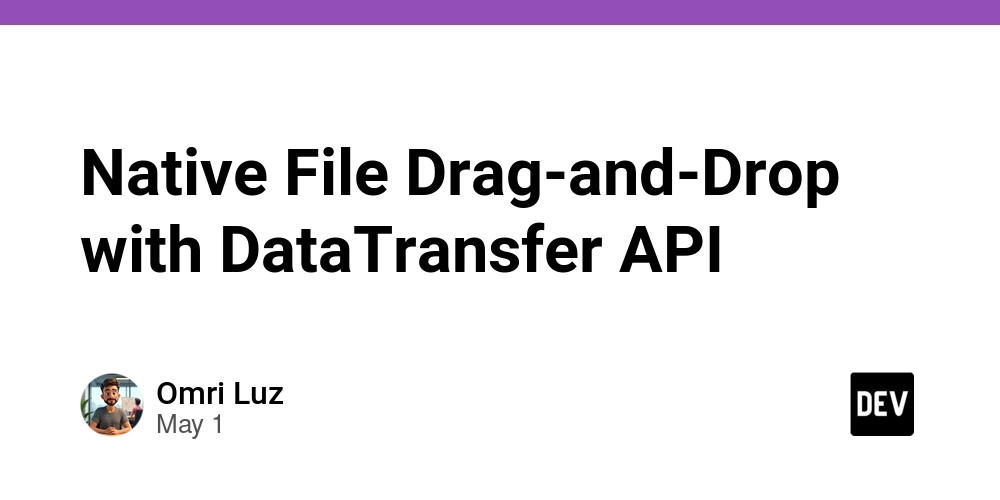















![[DEALS] Mail Backup X Individual Edition: Lifetime Subscription (72% off) & Other Deals Up To 98% Off – Offers End Soon!](https://www.javacodegeeks.com/wp-content/uploads/2012/12/jcg-logo.jpg)














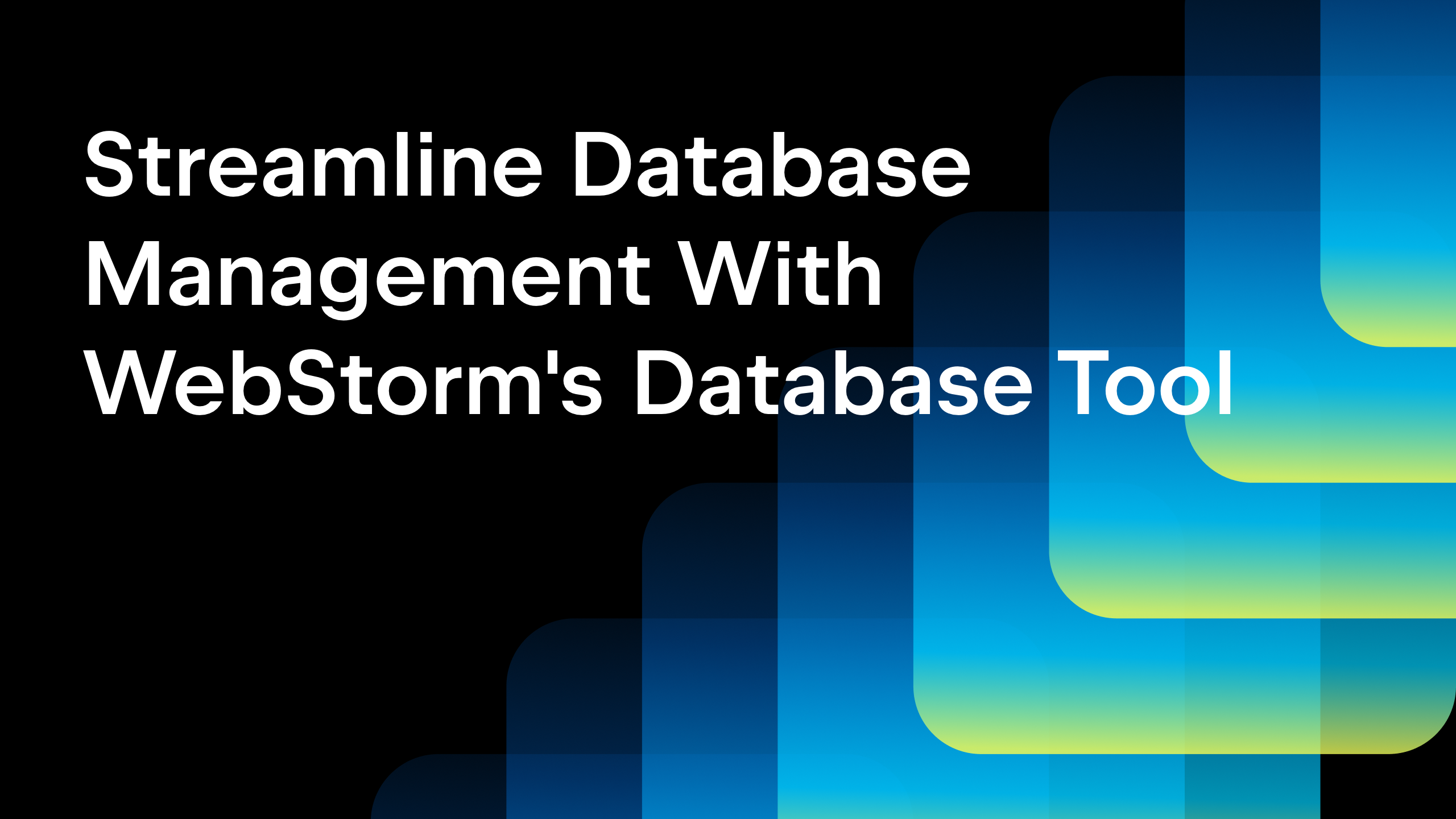


























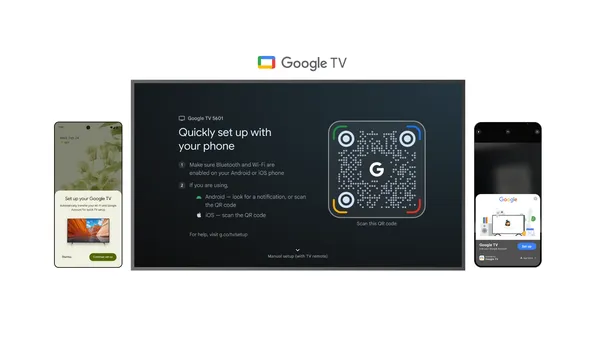




















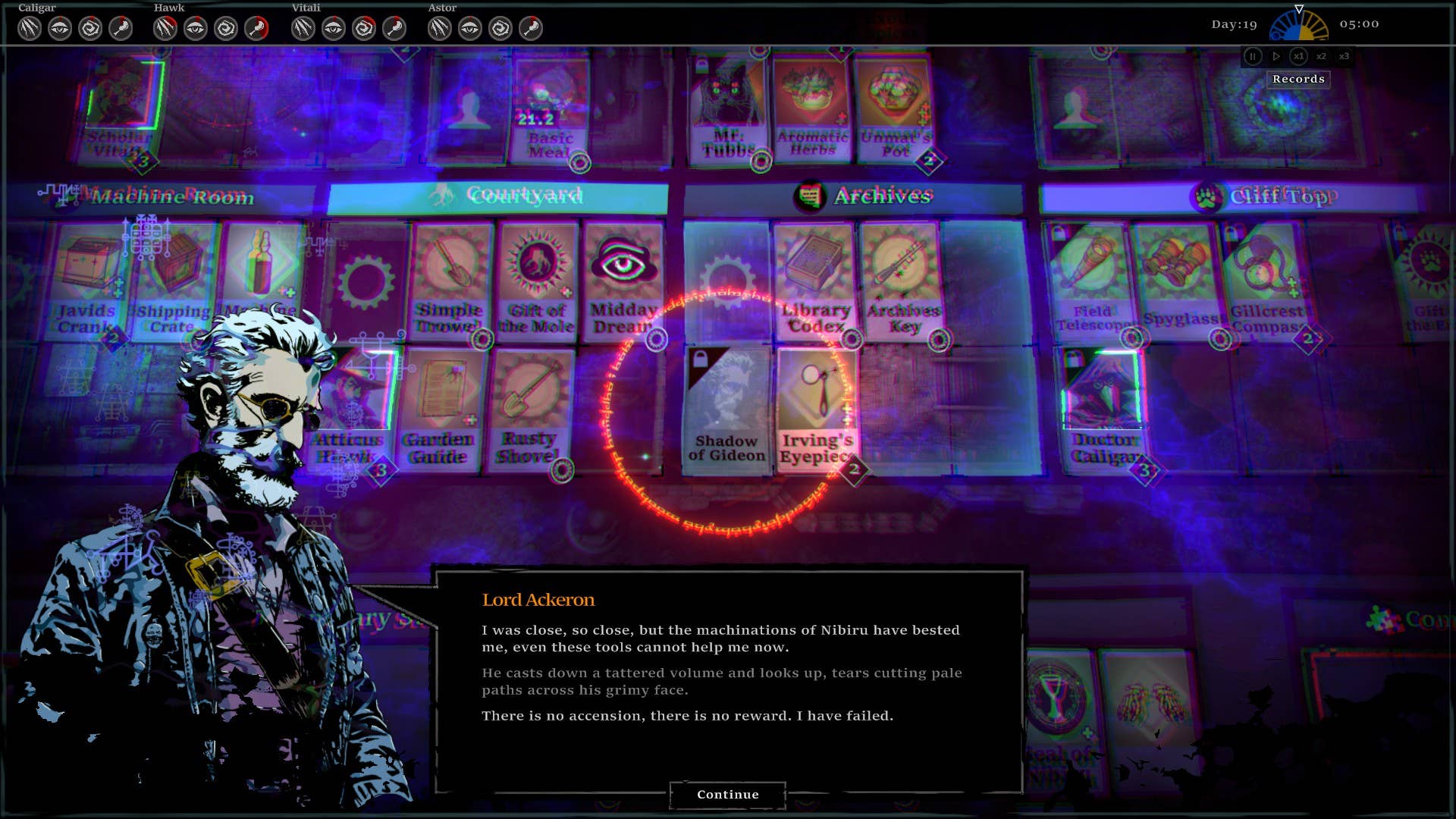














































































_Andreas_Prott_Alamy.jpg?width=1280&auto=webp&quality=80&disable=upscale#)























































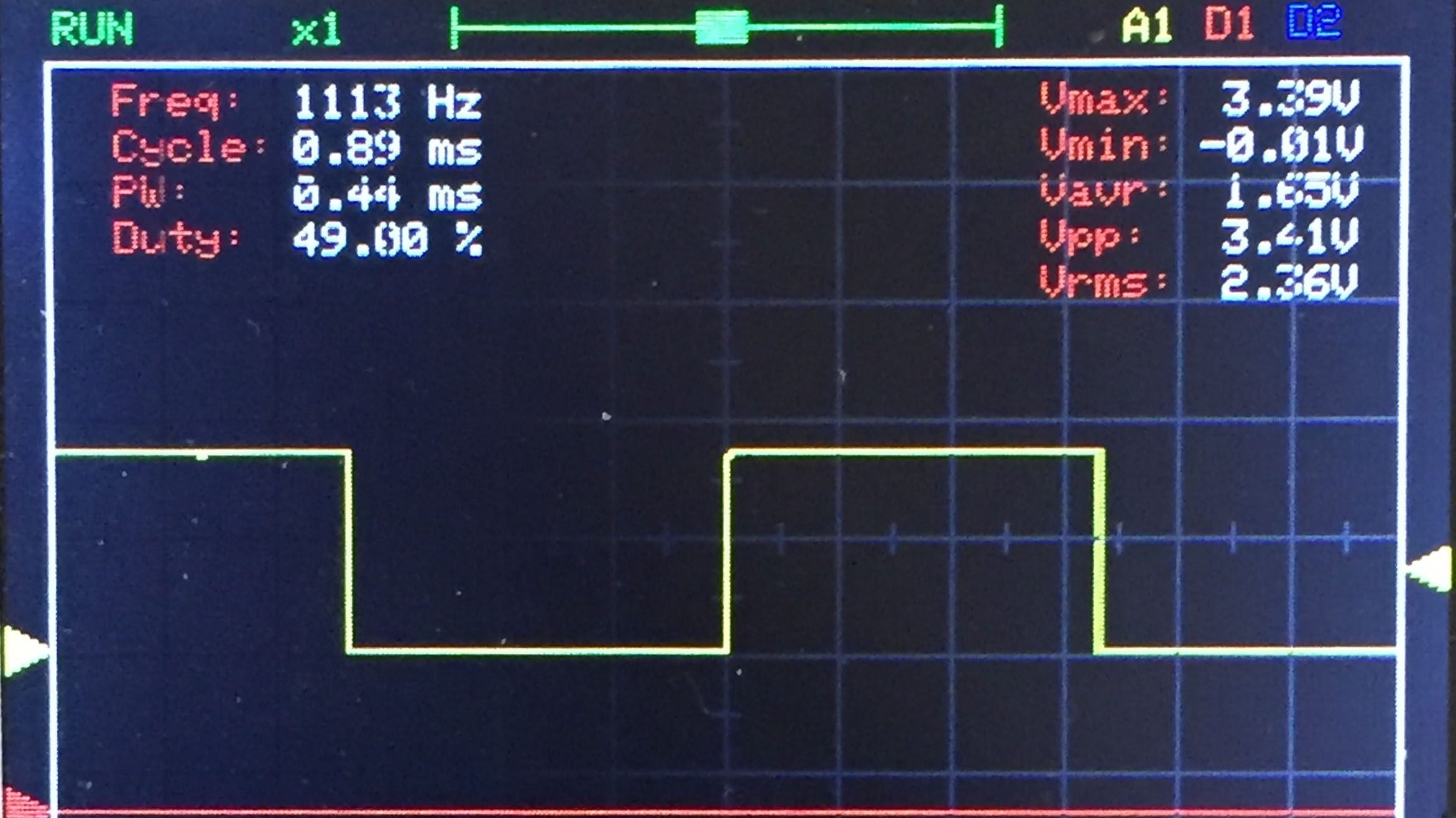

















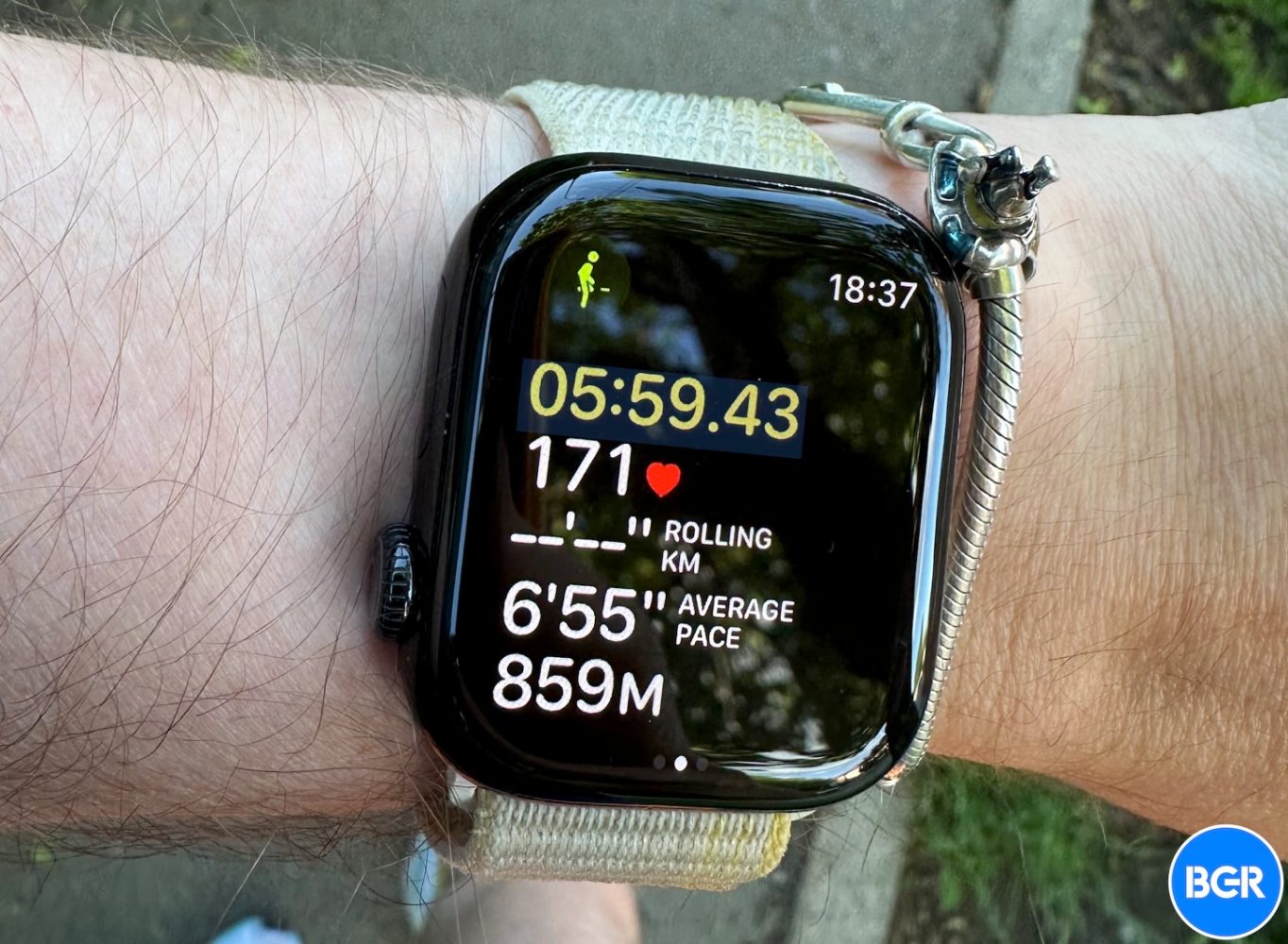











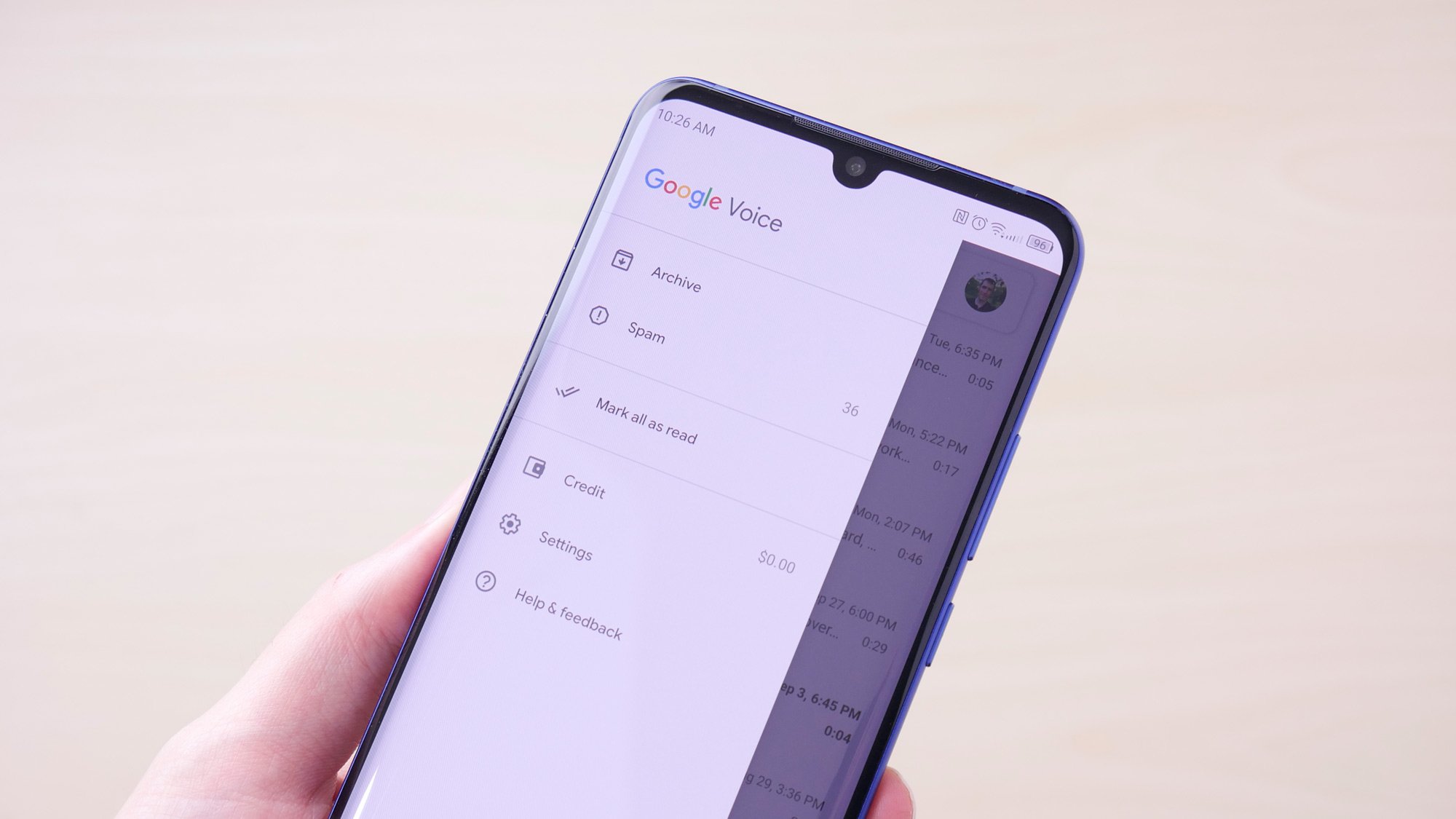
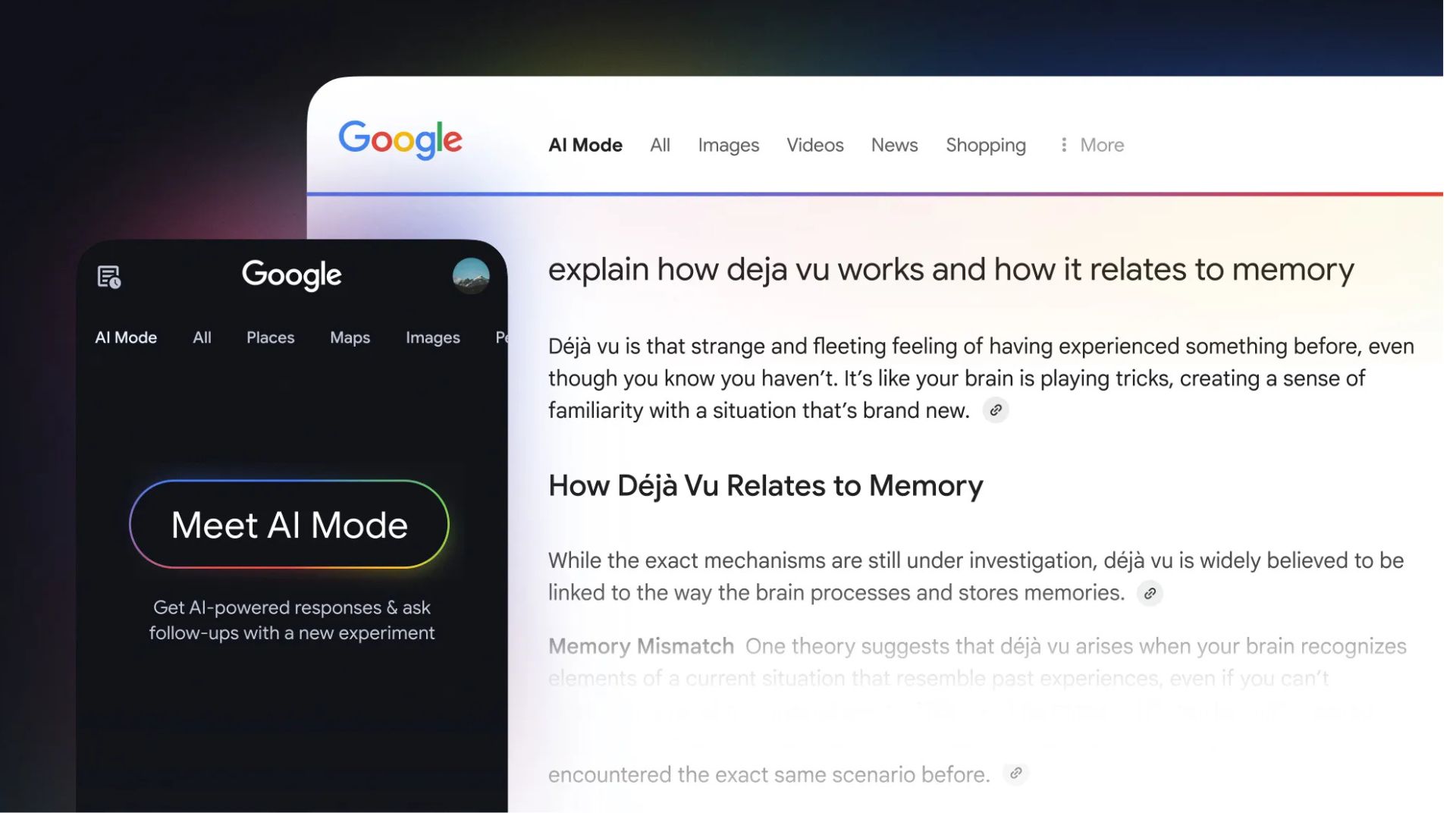
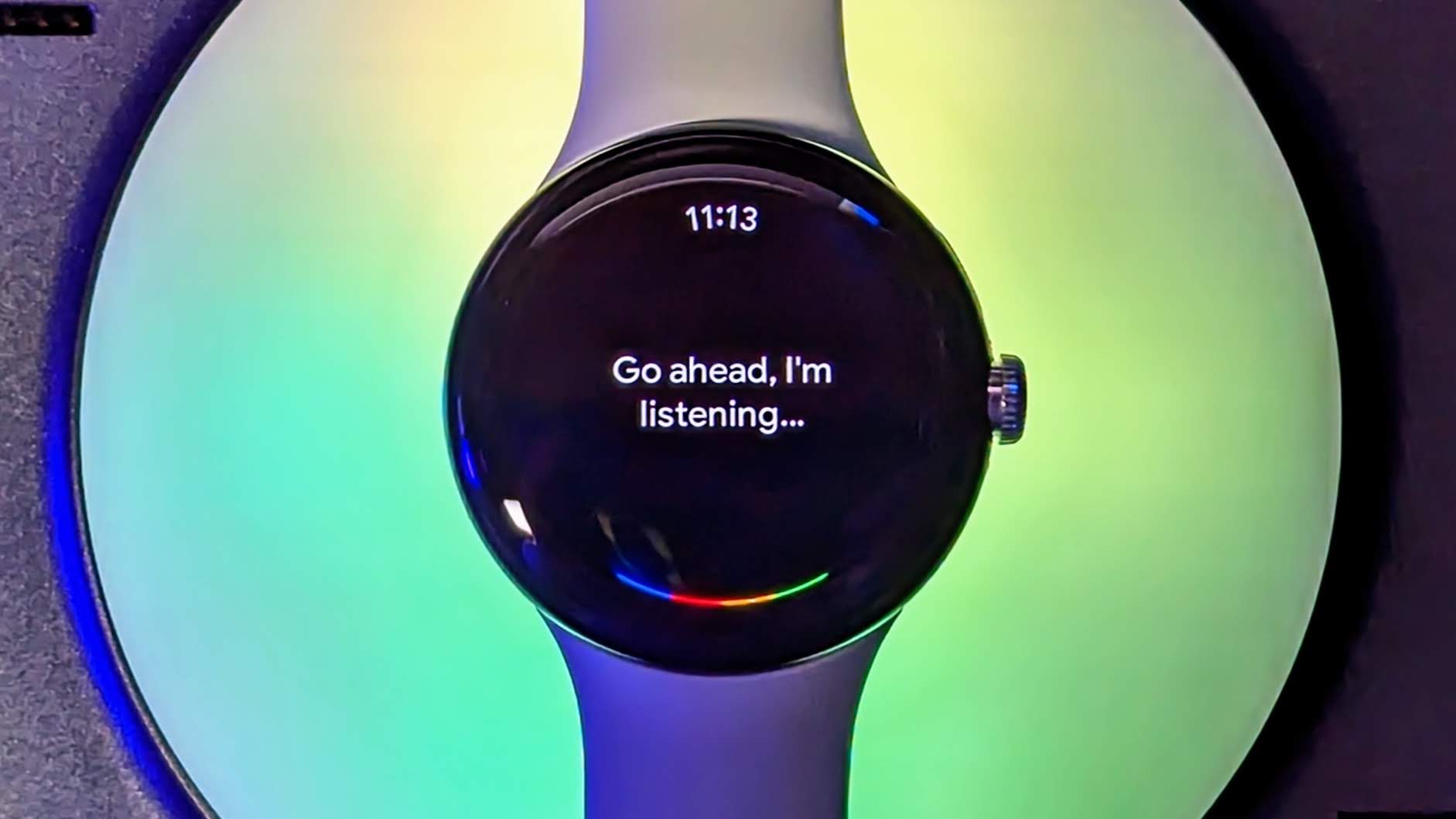

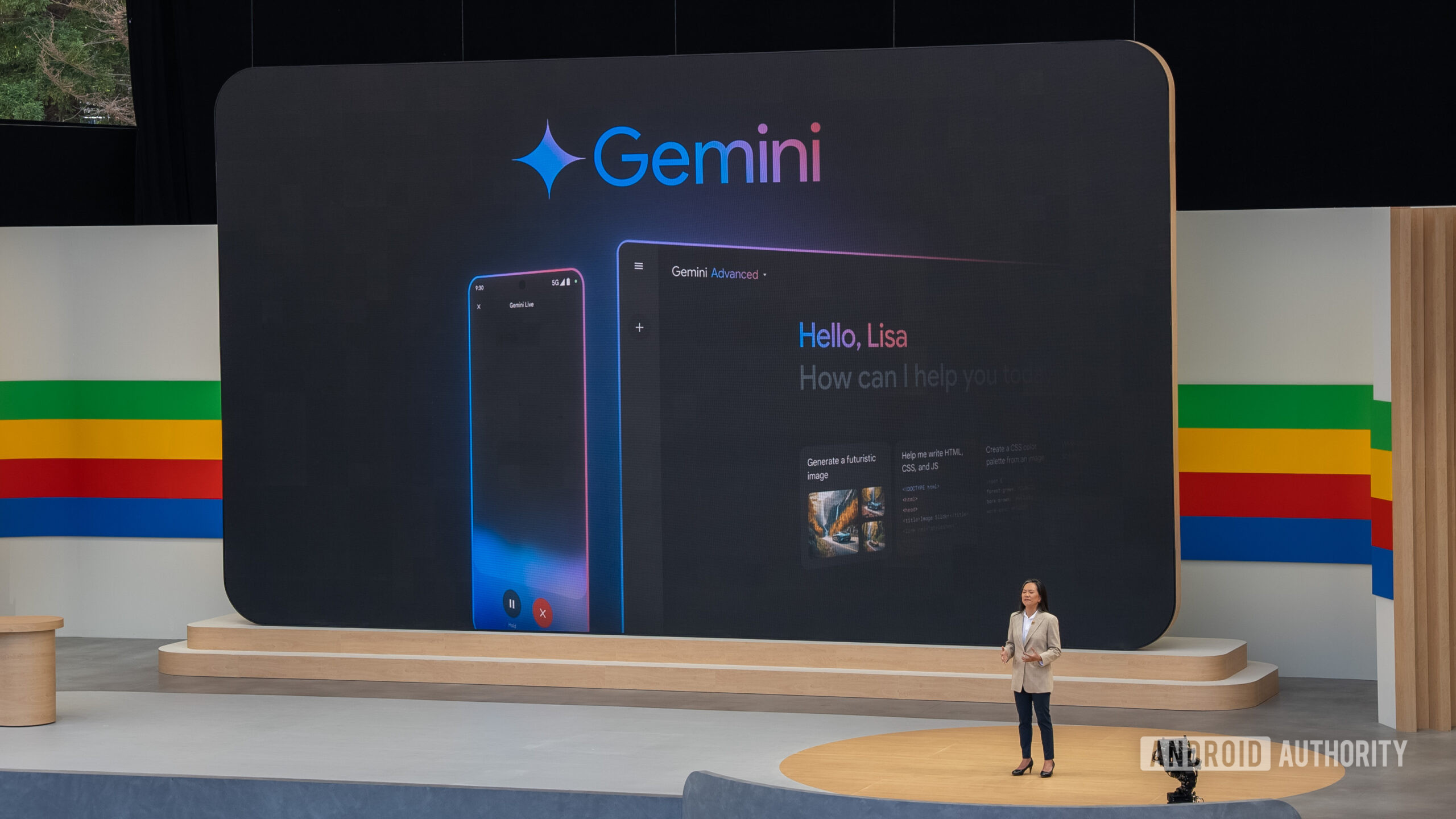
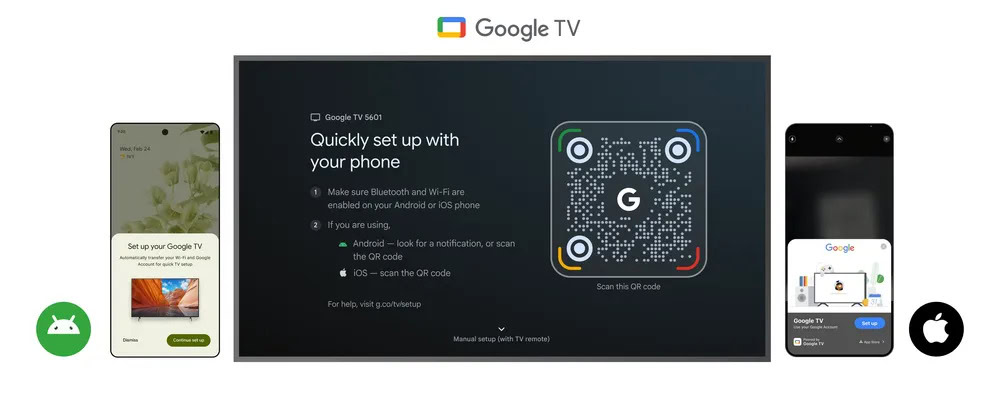





















![Apple Ships 55 Million iPhones, Claims Second Place in Q1 2025 Smartphone Market [Report]](https://www.iclarified.com/images/news/97185/97185/97185-640.jpg)






















